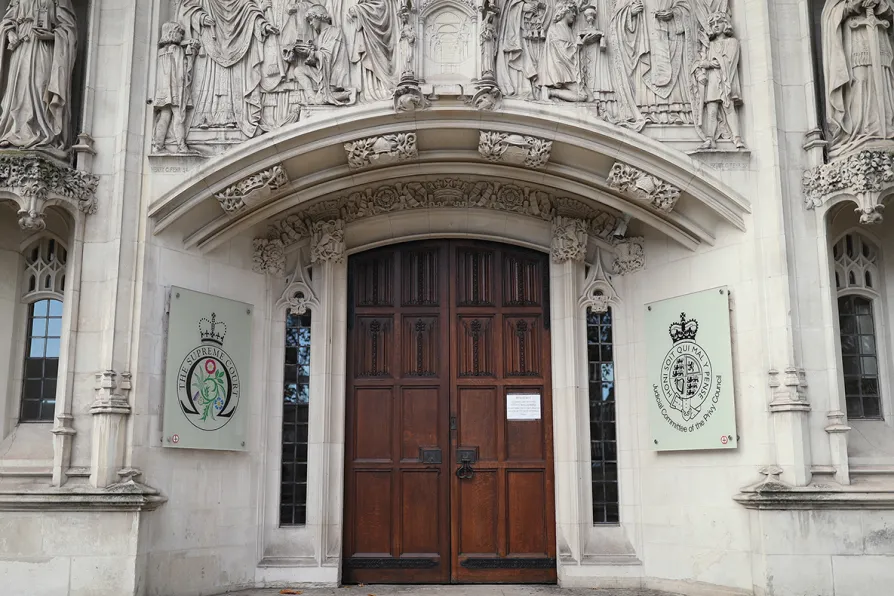
 The Supreme Court in Parliament Square, Westminster
The Supreme Court in Parliament Square, Westminster
CAMPAIGNERS expressed “profound disappointment” today after losing a legal challenge against the Home Office’s £1,000 child-citizenship fee.
The Supreme Court dismissed an appeal seeking to challenge the £1,012 fee required for children to register as British citizens, which campaigners claim prices thousands out of their right to citizenship.
The fee constitutes just £372 in administration costs, with the remaining £640 taken as profit by the Home Office.
Today, the Supreme Court upheld previous findings that the registration fee excludes huge numbers of children born or raised in Britain from accessing citizenship.
But in the final ruling following a four-year legal battle brought by the Project for the Registration of Children as British Citizens, and a child known as O, the court concluded that Parliament has authorised the Home Office to set the fee.
Project founder Solange Valdez-Symonds said she was “profoundly disappointed” at the ruling.
She added: “We remain determined to bring an end to this injustice and secure the rights of all children connected to the UK to have the citizenship that is their right by Act of Parliament.”
It comes more than two years after the High Court ruled that the fee was unlawful after finding it prevented many children from becoming citizens, leaving them feeling “alienated, second-best and not fully assimilated into the culture and social fabric of the UK.”
The landmark ruling was upheld in February 2021 by the Court of Appeal.
A second legal argument was rejected by the Supreme Court today, meaning the huge fee will stay in place unless Parliament intervenes.
Dismissing the appeal, Judge Lord Hodge said: “The appropriateness of imposing the fee on children is a question of policy which is for political determination, and not a matter for the court.”
Campaigners are now seeking to have the fee removed through amendments to the Nationality and Borders Bill, currently making its way through Parliament.
PRCBC lawyer Maria Patsalos warned that the decision will have a “resounding detrimental impact on children.”
“Wealth should never be a barrier for these children to access their rights and we hope that Parliament takes the opportunity now to resolve this deeply unfair situation,” she said.


















